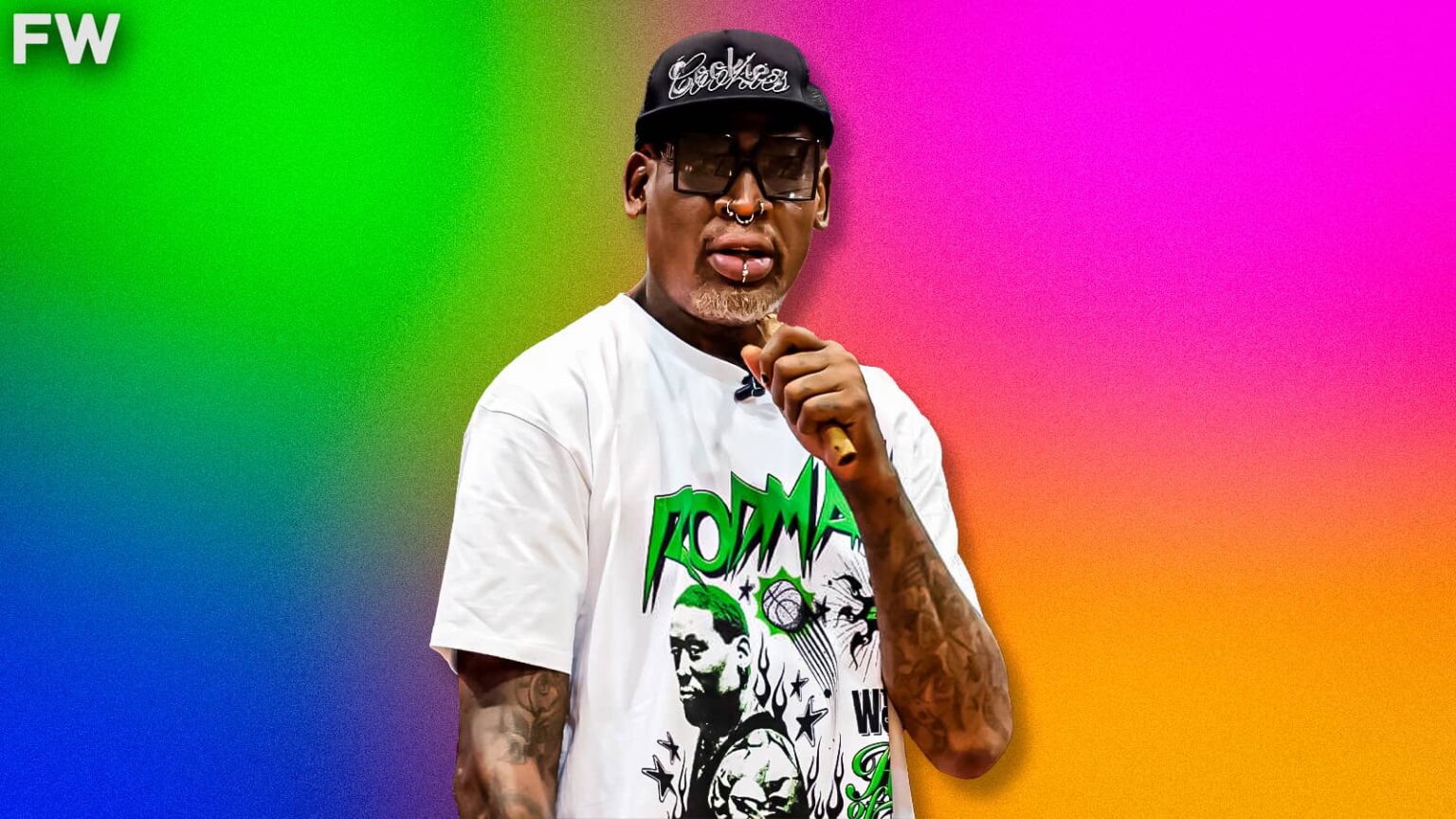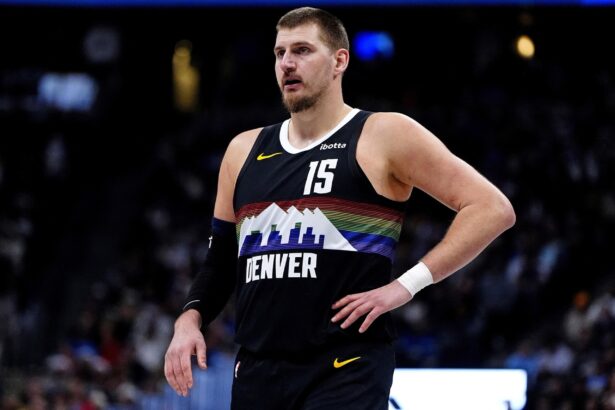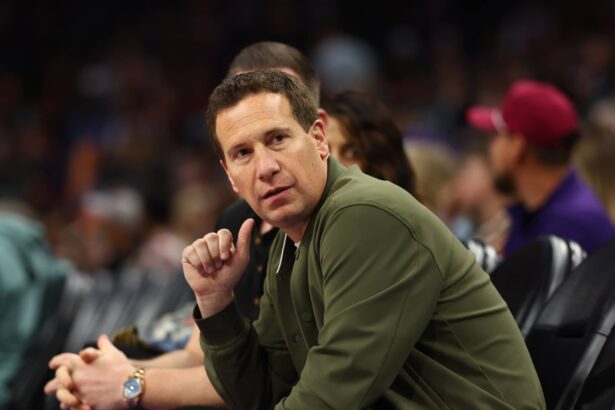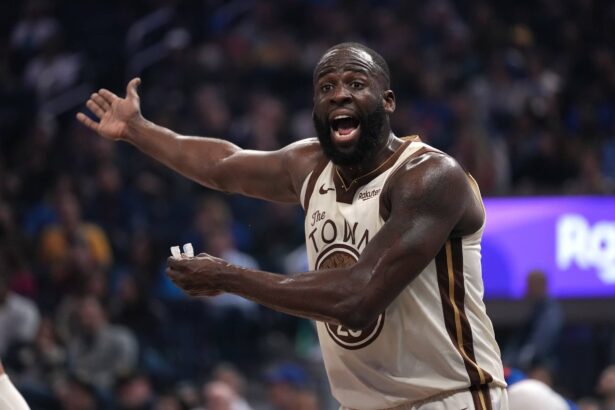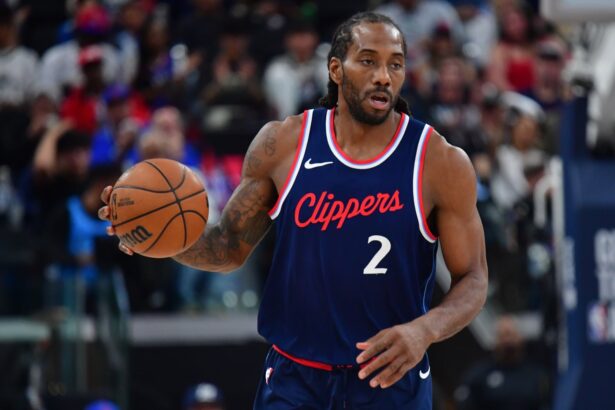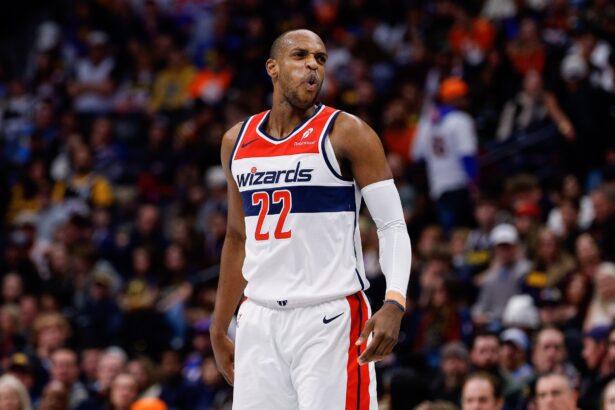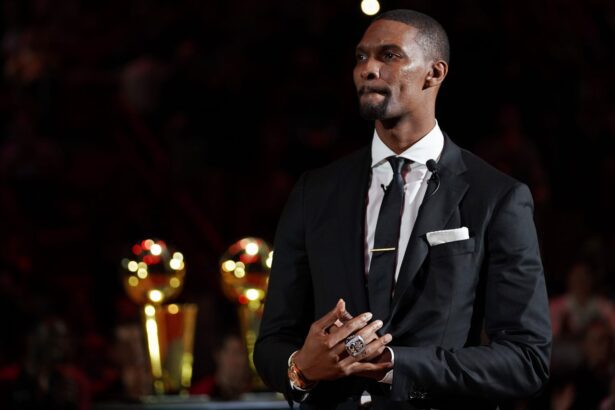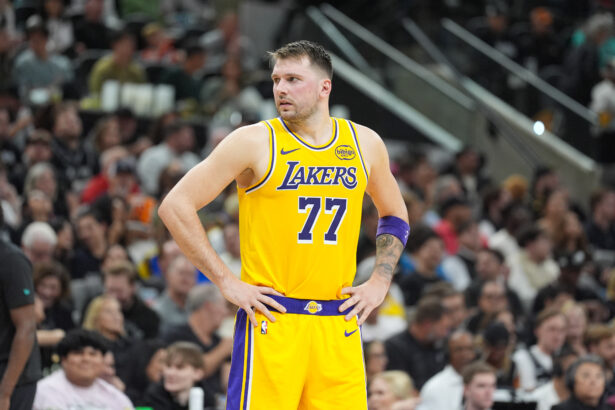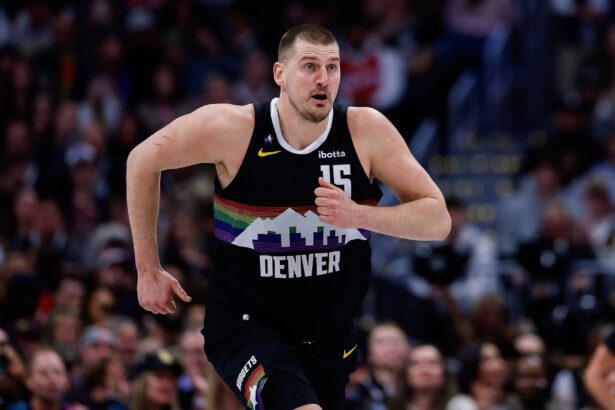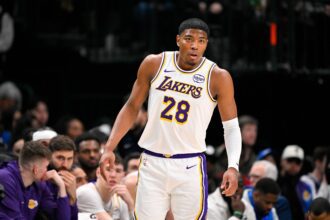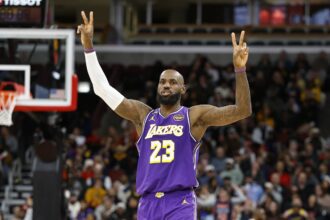Robert Horry has told a lot of league stories, but few land harder than the one about Dennis Rodman getting himself removed from the Lakers. It was not a slow fade. It was one loud moment that ended a short, chaotic stint in Los Angeles.
Rodman joined the Lakers in the lockout season of 1998–99. The team was already a mess. Three coaches in a short span. No clear identity. Even with Kobe Bryant and Shaquille O’Neal, the locker room felt fractured. Rodman walked into that and tried to help, but he quickly realized the situation was far worse than he expected. On the Big Shot Bob podcast, Horry said:
“We had just got Dennis Rodman on the Lakers, right? And Kurt Rambis took over as coach. We in the locker room, where usually we made halftime adjustments, and Rodman didn’t say s**t to nobody, and he had been there for a month.”
“All of a sudden, he does this, his hand go up, and everybody is like, ‘Ok, Rodman, say something.’ ‘This is the worst f**king coaching job I have seen in my life. Ain’t no f**king adjustments on the board.’ He just goes off. We’re all, ‘Damn! And the next day, Kurt threw him off the team.”
Horry says the fallout was immediate. The next day, Rambis cut him. Just like that – 23 games, about 2.1 per night, and a messy exit that fit the scene. Rodman’s Lakers run was over.
This was not merely about age or a dip in production. Rodman had always thrived under strict systems where roles were clear and effort was non-negotiable. He was a predator on the boards because he understood the rules and thrived within them. The 1999 Lakers offered none of that. The coaching carousel, the confused rotations, the lack of a central voice, it all added up. Rodman found himself in a dysfunctional environment rather than a structured environment that he could dominate.
The next season changed everything. Phil Jackson arrived, and the franchise settled. Roles became clear. The culture tightened. But by then, Rodman was gone, and the moment remained a stark example of how quickly things can fall apart when leadership is absent.
In the end, the story tells you a lot about Rodman and a lot about that Lakers era. He was unfiltered, brutally honest, and intolerant of chaos. He wanted accountability. The locker room gave him confusion. The result was predictable.
That’s the kind of story that sticks, because it is both a snapshot and a lesson. Even the biggest personalities need structure. Even the greatest will not stay in a place that does not provide it.

